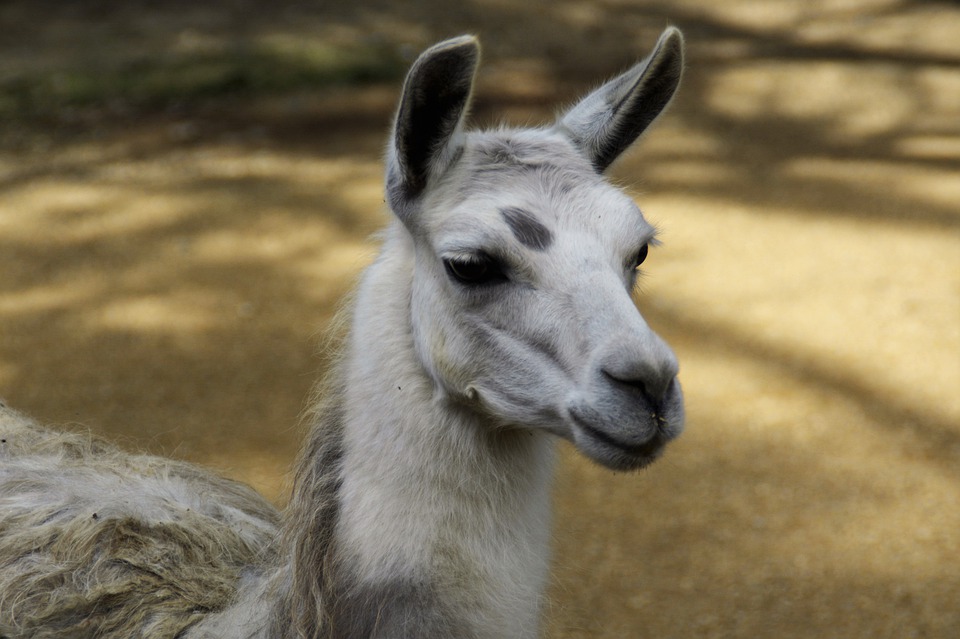When looking for the possible treatments for SARS-CoV-2 scientists are looking for the most unusual sources. In the recent article scientists suggested that llamas antibodies might be useful as anti-SARS-CoV-2 antibodies.
Llamas blood samples were originally collected back in 2016 when SARS-CoV and MERS-CoV were still active. LLamas are unusual because as an answer to the antigen they produce two different types of antibodies.
The first type is very similar to human ones, while the others are much smaller single-domain antibodies known as VHH. These nanobodies are so tiny they can be used in an inhaler for example.
The goal of the research was to find VHHs that can neutralize MERS-CoV and SARS-CoV. Llamas were injected with S-proteins of those viruses, then the antibodies were gathered from the blood samples. The antibody VHH-72 was successful in neutralizing SARS-CoV S-protein by recognizing the amino acid sequence in the receptor-binding domain (RBD) of S-protein.
It is also known that SARS-CoV and SARS-CoV-2 S-proteins are homologous, so the next step would be to see if VHH-72 is also effective against the latter.
Researchers discovered that while VHH-72 has a high affinity for SARS-CoV-2 RBD, it can't neutralize it. To overcome this problem, the bivalent variation of VHH-72 was constructed. This chimera antibody consists of VHH-72 and Fc domain of human antibody IgG1.
During experiments, VHH-72-Fc was proven to be effective and will also be tested against MERS and SARS-CoV. The other positive thing about VHH is its high heat and chemo stability, which makes it a good medication basis.
